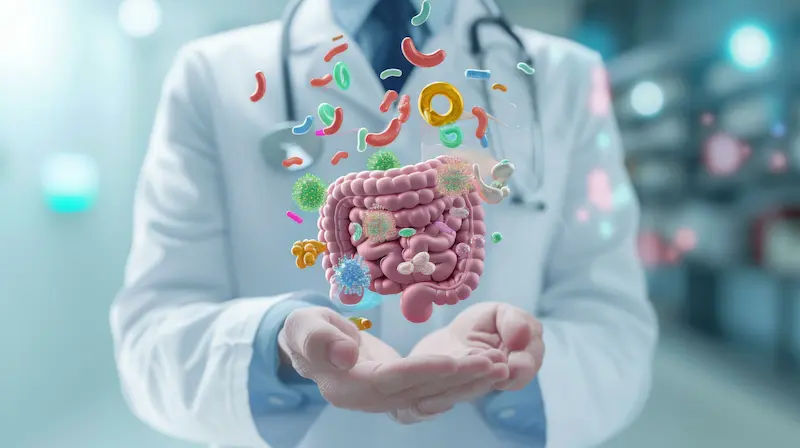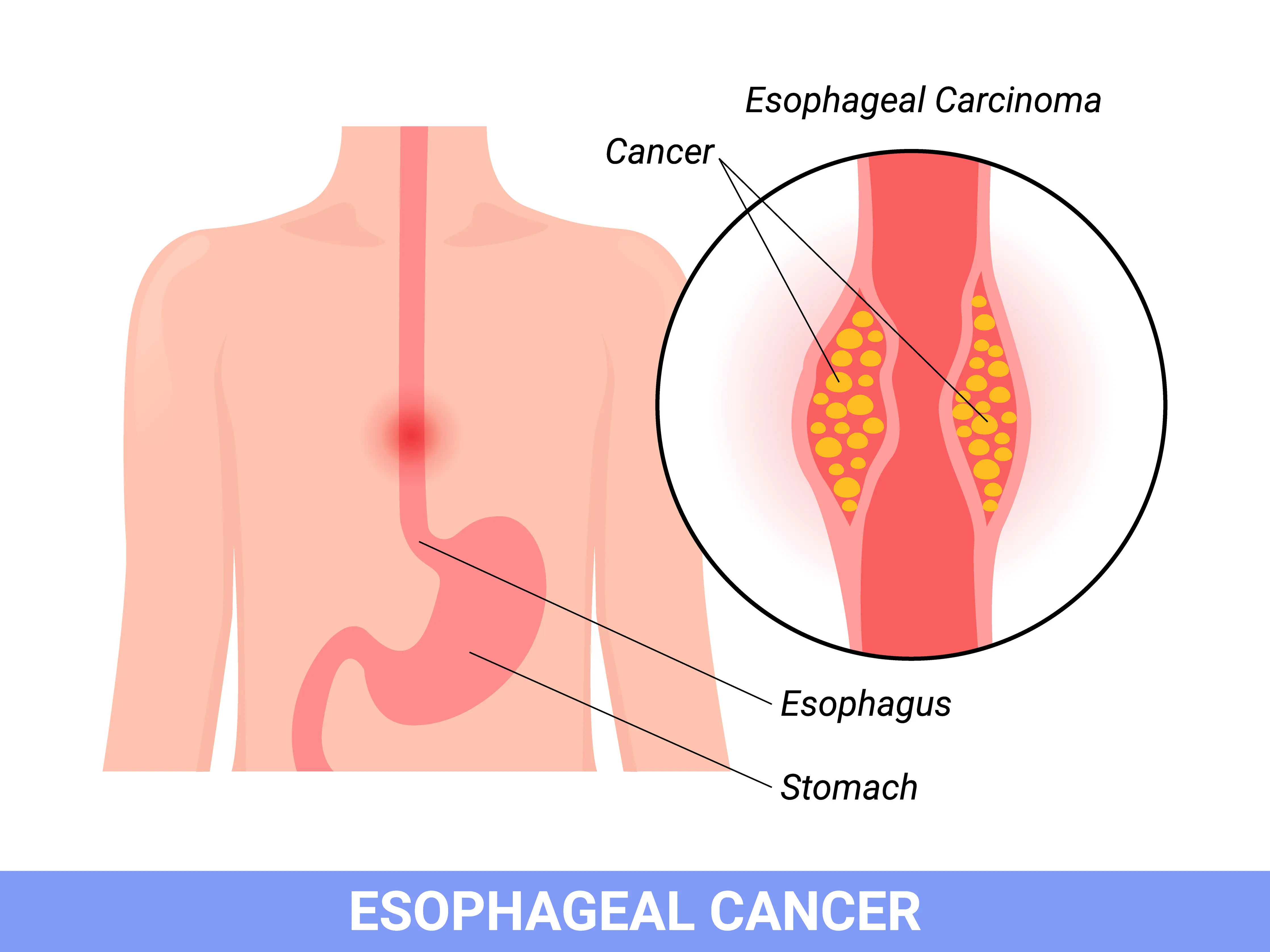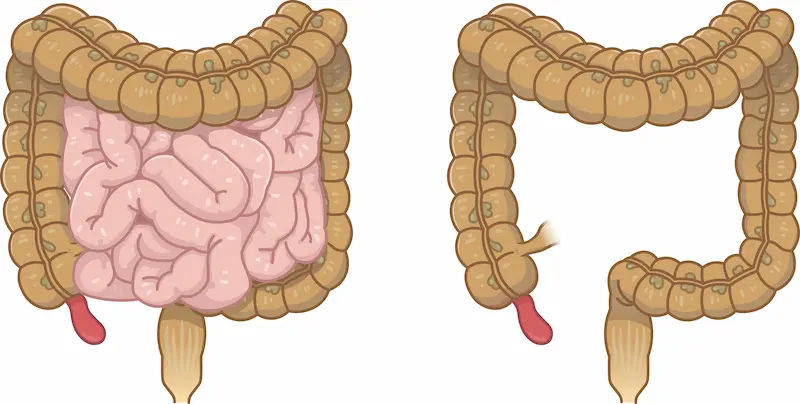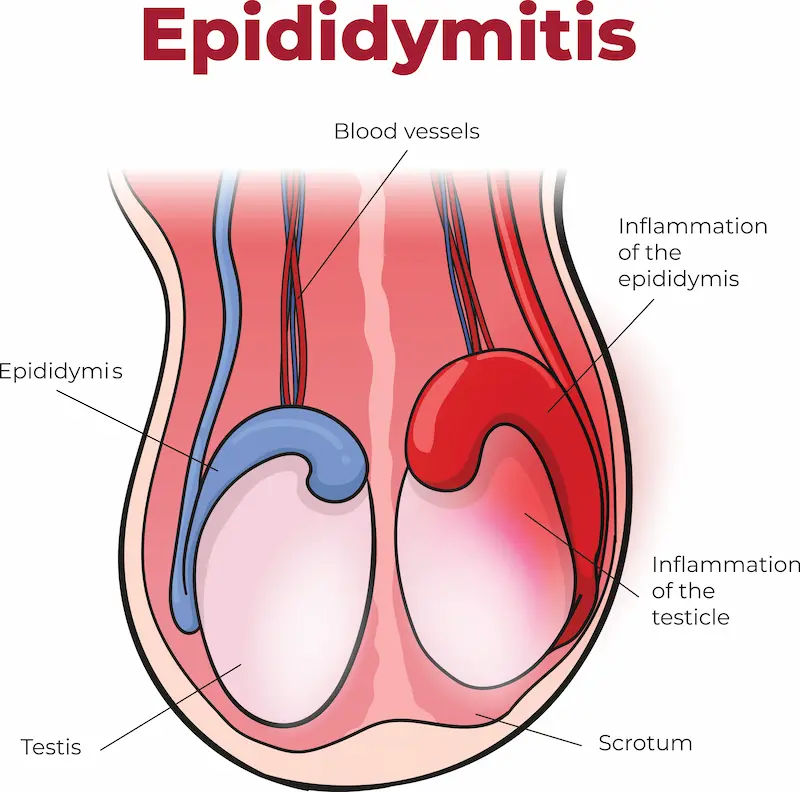- male
- 45 Years
- 29/01/2025
I've just found out that my SGOTSGPT ratio is 2.3, and I read that it should be somewhere between 0.7 and 1.4. I'm really concerned about what this means for my health. Can you tell me what kind of treatment I might need? Are there specific foods I should steer clear of, and should I stop drinking alcohol entirely? How serious is this ratio for my liver? Also, I've got a vitamin D level of 14.21 ngml. Is that something to worry about?
Answered by 1 Apollo Doctors
A high SGOTSGPT ratio can indicate liver damage. To help lower your ratio and support your liver health, you can take Ursodeoxycholic acid (UDCA). Additionally, you should avoid fatty and fried foods, processed foods, and excessive sugar intake. It is advisable to limit or avoid alcohol consumption as it can further damage the liver. With a ratio of 2.3, it is concerning and indicates potential liver issues that need to be addressed. It is important to follow up with your healthcare provider for further evaluation and monitoring. Your low vitamin D level of 14.21ngml also needs attention, and you can take Vitamin D3 supplements 1000 IU daily to improve your levels.
Dr. Ranjith Suggests...
Consult a Gastroenterology/gi Medicine Specialist
Answered 04/07/2025
0
0

More Gastroenterology/GI medicine Health Queries
View allI found out I had Jaundice at the end of February, and my bilirubin is now down to 1.9, with my SGPT and SGOT levels being normal. I'm wondering if it's okay to smoke weed occasionally, like once a week?
Unwanted erections during meals can be embarrassing and puzzling. Here are some possible explanations: _Possible Causes_ 1. _Nerve stimulation_: Pressure on the nerves in the pelvic area or spine can cause involuntary erections. 2. _Hormonal fluctuations_: Changes in hormone levels, particularly testosterone, can lead to increased arousal. 3. _Overactive bladder_: A sensitive bladder can cause the nerves to misfire, leading to erections. 4. _Anxiety or stress_: High levels of stress or anxiety can cause physical responses like erections. 5. _Certain medications_: Some medications, such as antidepressants or blood pressure medications, can cause increased arousal as a side effect. _What to Do_ 1. _Consult a doctor_: Discuss your symptoms with a primary care physician or a urologist to rule out underlying medical conditions. 2. _Keep a symptom journal_: Track when the erections occur, what you're eating, and any other factors that might be contributing. 3. _Practice relaxation techniques_: Stress-reducing activities like deep breathing, meditation, or yoga might help alleviate anxiety-related erections.
Answered by 1 Apollo Doctors
I have a 19mm gallbladder stone and my diabetes is really high at 308. Doctors are suggesting gallbladder removal but I'm worried about the risks at my age. Is there a way to dissolve these stones naturally without surgery? I'd really like to avoid going under the knife if possible.
A detailed evaluation will help decide the best course of action.
Answered by 1 Apollo Doctors
My partner is showing early signs of jaundice and we're already working on treatment and prevention. I'm just wondering, is it safe for us to have sex while they're going through this?
Yes, it is generally safe to have sex during jaundice as long as both partners are comfortable. However, it is important to ensure that the underlying cause of jaundice has been treated and that there are no other complications present. It is always best to consult with a healthcare provider for personalized advice.
Answered by 1 Apollo Doctors
Disclaimer: Answers on Apollo 247 are not intended to replace your doctor advice. Always seek help of a professional doctor in case of an medical emergency or ailment.





